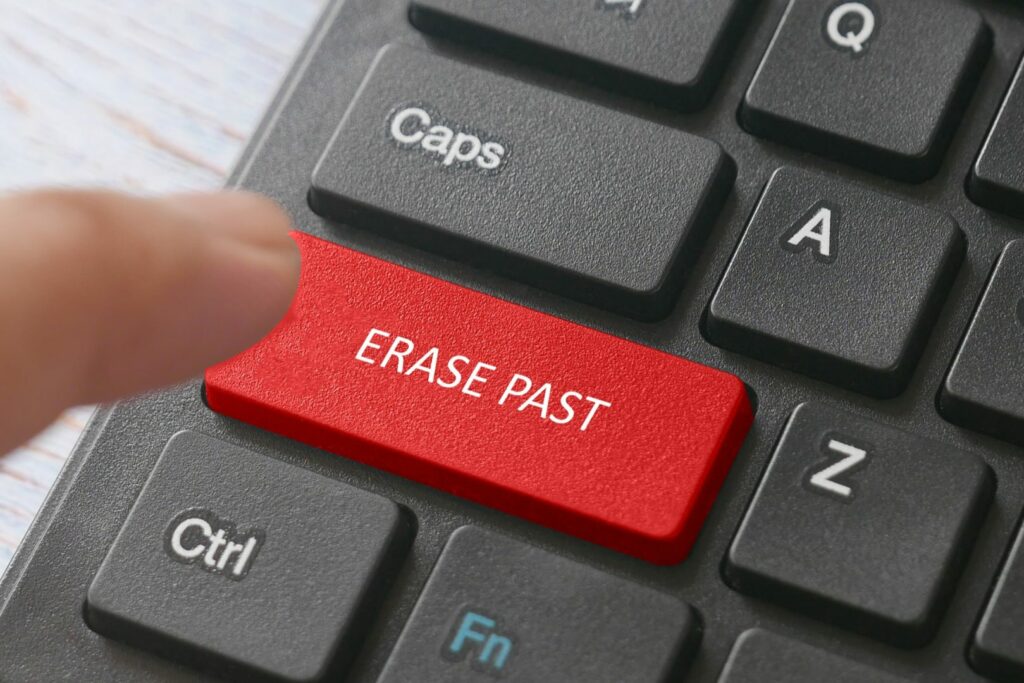Obviously, anyone convicted of a crime would prefer their criminal record expunged. Having that black mark permanently scrubbed from your record can open up opportunities that a criminal conviction often closes. But how often does expungement really happen in the state of Texas?
Let’s take a look at the process of expunction in Texas; when it’s offered, and how, in some cases, a DFW bail bonds company can help a person get back on the road to redemption.
What is Expunction?
An expunction, also known as expungement, is essentially a complete eradication of a criminal conviction from a defendant’s criminal record. In some cases, it can also remove the trace of the crime from the public record as well.
When a person in Dallas applies for expunction, it is a way for someone who was arrested or convicted of a crime to have their record cleared and treated as if the arrest or conviction never occurred.
When an expungement is granted, the individual can legally declare that they have never been arrested or convicted for that particular offense.
Can Expunction Help You?
Expunctiont opens up opportunities for employment that would otherwise be closed . Most employers conduct background checks these days, and having a criminal record can be an automatic disqualification for many jobs – even minor offenses from years ago.
With an expunged record, that person can honestly state on job applications that they have no criminal history.
Expungement allows people to pursue higher education without a criminal record getting in the way. Colleges and universities ask about criminal convictions on their applications, and a record can prevent someone from being admitted or from receiving financial aid and scholarships.
It can be tough for people with a record to rent an apartment or secure affordable housing. It’s common for landlords to pass on renting to someone with a criminal background, even if the offense was minor and non-violent. Clearing that record makes it possible for the person to get approved.
Expunging an eligible offense also restores certain rights and privileges that are revoked due to a conviction, such as the rights to vote, serve on a jury, own a firearm, or obtain certain professional licenses.
When is Expunction Possible in Texas?
In the case of misdemeanors and some less serious felony crimes, an expunction is entirely possible if certain stipulations are met.
According to the Texas Code of Criminal Procedure, someone previously convicted may be eligible to have their record expunged if they were pardoned for the offense, were later found innocent by a court of law after being wrongfully convicted, had criminal charges completely dismissed or dropped before a conviction was made, or went through a full trial and was acquitted by a judge or jury.
Complication Expungement Process
For those able to meet the criteria for expunction, the process of actually getting a conviction expunged from your record can be long and difficult.
Suppose the felony conviction was for an offense that is not considered expungement-eligible, such as violent crimes, offenses involving the elderly or children, or certain drug charges. In that case, expungement will not be an option, no matter what.
Even if the offense does qualify for potential expungement, the process itself involves extensive paperwork, legal filings, court appearances, and hearings. All related agencies and jurisdictions that were involved in the case, from the district attorney’s office to the arresting law enforcement agency, must be formally petitioned as part of the expungement process.
Hiring an expungement lawyer is usually necessary to navigate the complex process successfully. The lawyer must make a strong legal case and prove to the court that expungement is allowable and serves the interests of justice.
How Bail Bonds Can Help
The good news is that having your case dismissed after posting bail or being acquitted at trial can make the expunction process easier since a conviction was never made.
By working with an experienced Dallas bail bond agency like 1st Call Bail Bonds as soon as possible after an arrest, you give yourself the best chance at having charges dropped or dismissed so that no conviction has to be expunged later.




